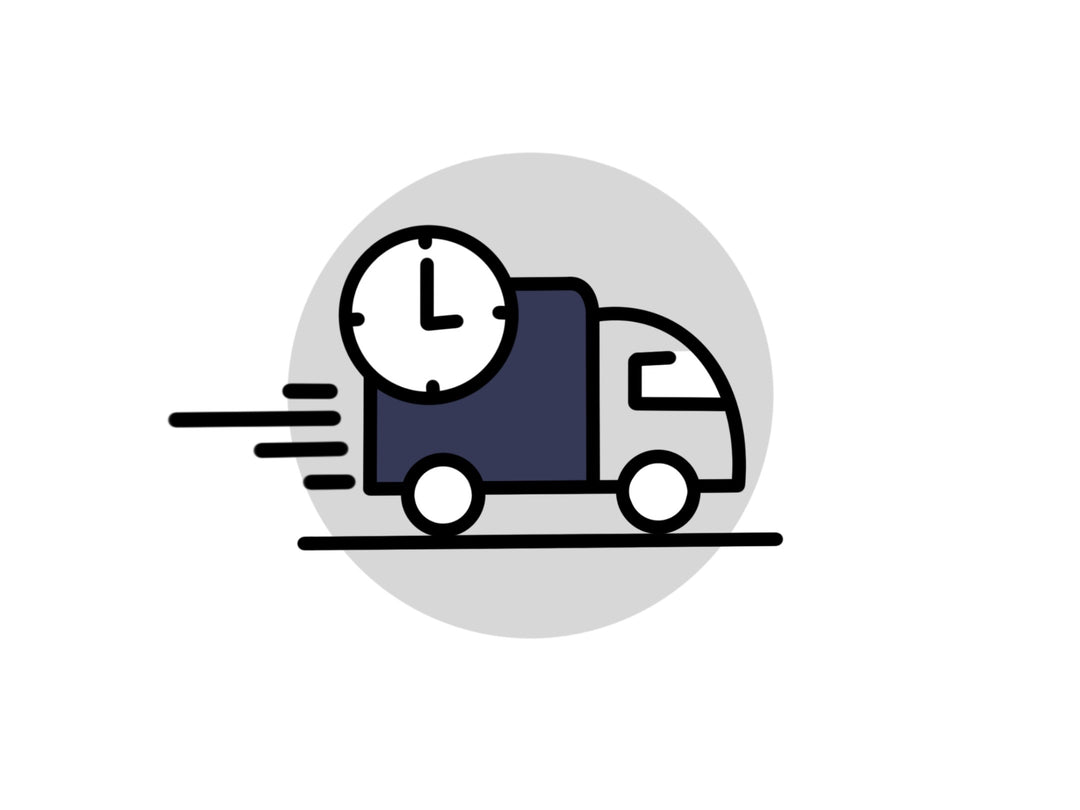Montessori-Style Gross Motor Skill Development in Infants

Gross motor skills development is crucial for a baby's overall growth and influences their ability to move, explore, and interact with their surroundings during their early months. The Montessori approach offers valuable insights and techniques for nurturing your baby's gross motor skills, emphasizing age-appropriate activities and independence that foster bodily awareness, coordination, and control. By fostering your baby's gross motor skills, you contribute to your baby's journey towards achieving developmental milestones and encourage them to discover and navigate the world through movement and exploration.
In this article, we delve into Montessori-inspired methods and principles of promoting gross motor skill development in your baby's early months, offering guidance on age-appropriate activities that foster coordination, balance, and strength. We will also explore the essential components of a Montessori-friendly environment that supports gross motor skill development and provide practical tips for parental involvement in nurturing movement abilities and physical confidence. By embracing Montessori-based techniques and insights, you enable your baby to develop strong gross motor skills that contribute to their overall development and enhance their quality of life.
Embark on a journey to fostering healthy gross motor skill development in your baby's early months by incorporating Montessori-inspired principles and techniques that lay the foundation for a lifetime of movement, exploration, and physical confidence.
1. Montessori Principles for Encouraging Gross Motor Skill Development in Infants
Montessori-inspired principles emphasize a holistic approach to gross motor skill development, focusing on age-appropriate activities, independence, and freedom of movement:
A. Independence and Exploration: Provide your baby with opportunities to explore and move independently, nurturing their self-discovery and autonomy.
B. Freedom of Movement: Offer your baby unrestricted movement, allowing them to develop strength, coordination, and balance at their own pace.
C. Respect for Individual Abilities and Milestones: Recognize and appreciate your baby's unique motor skills development, avoiding comparison to other infants and focusing on their progress.
2. Creating a Motor Skill-Supportive Montessori Environment at Home
Establishing a Montessori-friendly environment that fosters your baby's gross motor skill development involves several key components, including:
A. Ample Space for Movement: Ensure your baby has enough space to move, crawl, and explore without restrictions or obstacles.
B. Age-Appropriate Equipment and Toys: Provide your baby with Montessori-inspired toys and equipment that facilitate motor skill development, such as low climbing structures, soft play mats, and textured balls.
C. Safe and Enclosed Play Areas: Designate secure and enclosed areas for your baby to explore, allowing free movement without compromising safety.
3. Age-Appropriate Montessori Activities for Gross Motor Skill Development
As your baby grows, incorporating Montessori-inspired activities into their daily routine can support the development of gross motor skills at various stages:
A. Newborns (0-2 Months):- Tummy Time: Encourage brief periods of supervised tummy time, assisting your baby in strengthening their neck, back, and shoulder muscles.
- Gentle Stretches: Gently stretch and move your baby's limbs, promoting flexibility and muscle development.
- Encourage Rolling: Place toys and other objects slightly out of your baby's reach, motivating them to roll and reach for items during tummy time.
- Supported Sitting: Offer support while your baby is in a seated position, gradually allowing them to strengthen their core and maintain balance.
- Crawling Practice: Create challenging crawl spaces using pillows and obstacles to help your baby develop their strength and coordination.
- Encourage Movement: Prompt your baby to practice standing and cruising by placing toys at different heights or offering support while they attempt to stand.
4. The Role of Parental Support in Nurturing Gross Motor Skills
As a parent, your involvement and support play a crucial role in fostering your baby's gross motor skill development:
A. Provide a Safe Environment: Regularly assess your home to ensure it remains a safe, friendly space for your baby to grow and develop their motor skills.
B. Encourage Trial and Error: Support your baby as they explore various movements, allowing them to learn and develop through hands-on experiences.
C. Facilitate Exploration: Offer opportunities for your baby to experience different terrains or environments, helping them build strength, coordination, and adaptability.
D. Celebrate Milestones: Acknowledge and celebrate your baby's motor skill achievements, providing encouragement and reinforcing their confidence in their abilities.
5. Monitoring and Adapting to Your Baby's Evolving Motor Skill Needs
As your baby progresses through their early months, their gross motor skill needs will continue to change. It is essential to stay attentive and adapt to your baby's evolving abilities and requirements:
A. Observe and Assess: Regularly monitor your baby's developing motor skills, adjusting activities and support to meet their changing needs.
B. Communicate with Healthcare Professionals: Seek guidance from pediatricians and developmental specialists to ensure your baby's gross motor skills progress as expected.
Conclusion
Employing Montessori-inspired methods and principles to foster gross motor skill development in your baby's early months is integral to their overall growth. By providing ample opportunities for independent movement, offering engaging activities, and creating a supportive environment, you promote your baby's motor abilities and pave the way for a lifetime of exploration, movement, and confidence. Embark on this journey with your baby, observing their progress and supporting their evolution through the incredible world of physical development.
At The Topponcino Company, we believe in incorporating Montessori-inspired methods into our products. Our very own Topponcino, a soft, mat-like Montessori pillow that provides support, comfort, and consistency during a baby's first few months of life, is every parent’s perfect partner in the early stages of their child’s development. Most families use the Topponcino® as a cuddling and support pillow for the first 3-4 months. After that, they use it as a "tummy time" play mat until their baby is 6+ months. Whichever way you use it, the Topponcino will last as long as you need it! See it for yourself!












